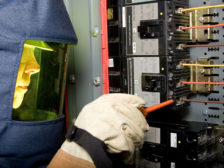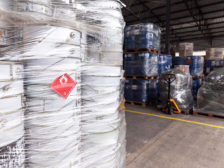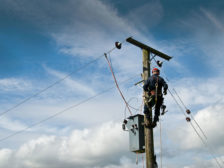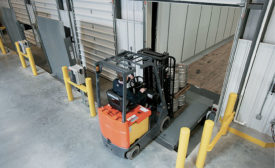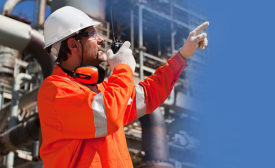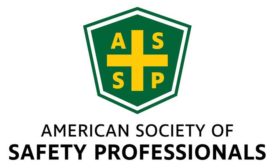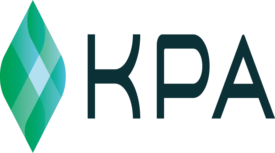Safety Training & Incentives
5 topics to cover during daily briefings for utility workers
Restoring power is risky business
April 29, 2021
Donning and doffing best practices
Protect your employees from inadvertently taking home toxins
February 8, 2021
Never miss the latest news and trends driving the safety industry
eNewsletter | Website | eMagazine
JOIN TODAYCopyright ©2024. All Rights Reserved BNP Media.
Design, CMS, Hosting & Web Development :: ePublishing

